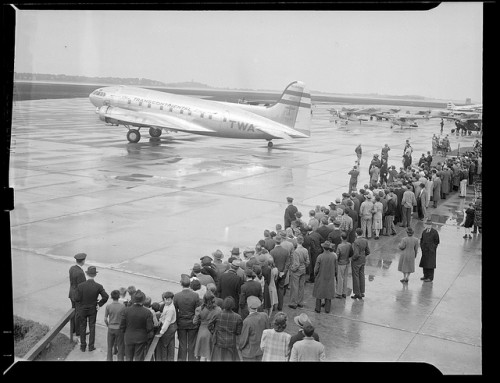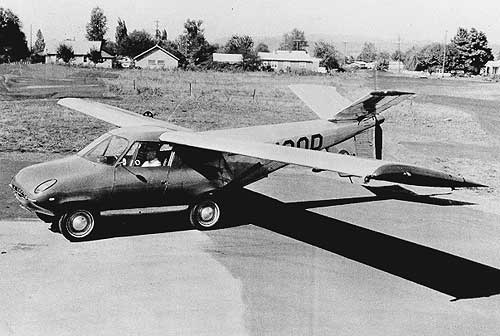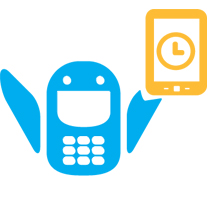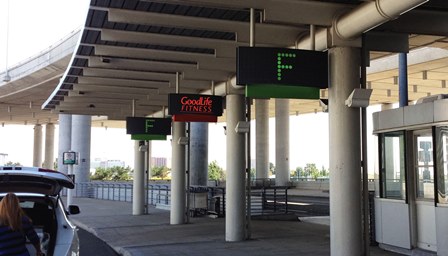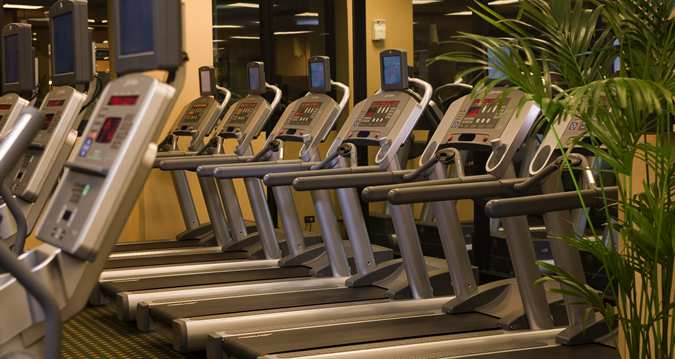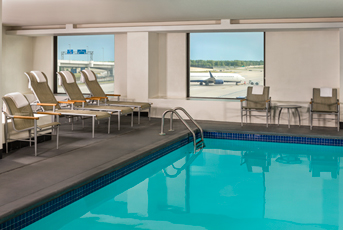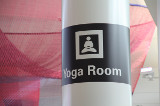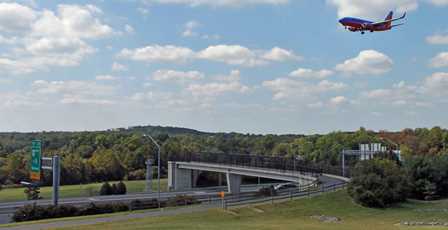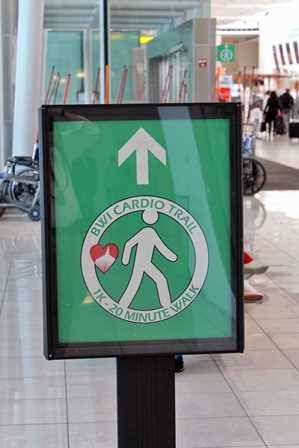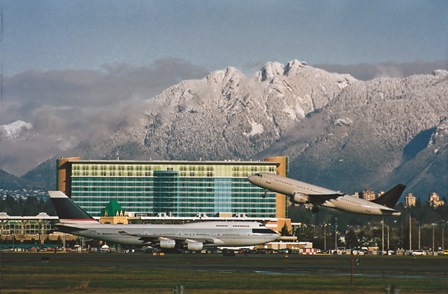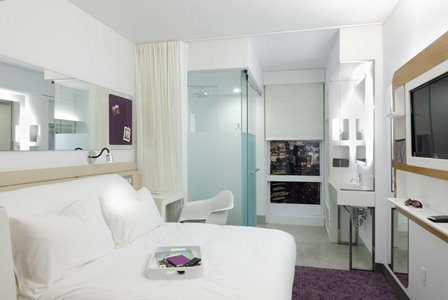Getting compensation from an airline for a delayed, canceled or overbooked flight can range from difficult to impossible.
Several online companies, including AirHelp, EUclaim and refund.me charge a fee ranging from 15 to 27 percent (plus, in some cases, handling charges), for helping European travelers file claims under regulations that apply to flights to or from a European Union member state.
Now, one of those companies is offering its services to U.S. fliers online, and through a free app.
“Passengers are often left in limbo about what compensation they are entitled to,” AirHelp CEO and co-founder Henrik Zillmer told CNBC. And, especially when it comes to overbooked flights in the United States, they are eligible for a lot more compensation than they are receiving, he added.
AirHelp estimates that, under U.S. Department of Transportation’s rules, each year a total of $450 million in potential compensation is owed to passengers involuntarily bumped on overbooked U.S. flights and that, under European Union regulations, there are $2.1 billion in potential claims for U.S. air passengers flying to, from or within Europe on EU carriers.
Yet, because travelers don’t fully understand the rules— and because airlines don’t go out of their way to inform fliers of their rights—only a very small percentage of the compensation owed to passengers ends up being claimed or paid.
Under U.S. rules, bumped passengers are eligible for compensation equal to double the price of their tickets up to $650 if delayed one or two hours from their originally scheduled arrival time for domestic flights, or one to four hours for international flights. Those subject to longer delays—more than two hours after their originally scheduled arrival time for domestic flights and more than four hours for international flights—are eligible to receive payments of four times the value of their tickets, up to $1,300.
In overbooked situations, the rules require airlines to first ask people to give up their seats voluntarily in exchange for compensation and allow airlines to decide what to offer volunteers in terms of cash, travel vouchers, meals and lodging.
And currently, far more people volunteer to give up their seats than getting bumped.
According to DOT statistics for 2013, 56,968 passengers (0.92 percent of all fliers) were bumped from domestic flights while 466,677 passengers volunteered to take another flight in exchange for compensation.
Most of those volunteers accept travel vouchers valued far below the amounts DOT requires airlines to pay involuntarily bumped passengers, said Zillmer, “and only about 15 percent of those vouchers are redeemed. So it’s a super deal for airlines.”
But, he said, if passengers understood the rules better, they might not be as quick to give up their seats for airline vouchers.
Most airlines, including American and Delta, post information about the overbooking regulations and individual “oversales” policies online in their Conditions of Carriage.
“We’ve invested in some technology in recent months to install electronic pads that capture IDB [involuntarily denied boarding] acknowledgment from customers,” said Delta Air Lines’ spokesman Morgan Durrant. “Think credit card signature pad at your grocery store. Compensation is then issued.”
A United representative noted that only one passenger for every 10,000 was involuntarily denied boarding in 2013. The airline carried 76 million customers last year. “When necessary, we solicit volunteers with alternate transportation and compensation. In the rare instances that there aren’t enough volunteers, we give compensation that meets all regulatory requirements to any customer who is involuntarily denied boarding,” United spokesman Rahsaan Johnson said.
According to AirHelp, compensation for a delayed, canceled or overbooked flight could be up to about $825 per passenger—plus meals, phone calls and hotel stays—for passengers traveling to or from Europe on an EU carrier, or on a carrier from non-EU members Iceland, Norway or Switzerland. (Exemptions are made if an airline can prove the delay was caused by circumstances outside the airline’s control, such as bad weather.)
AirHelp’s new service for U.S. travelers helps them figure out if they are eligible for compensation and, for those who don’t want to pursue a claim on their own, offers to process the claim “including going to court if necessary” for a 25 percent contingency fee payable only if a claim is successful.
“In terms of empowering consumers, the online platform lowers the barrier for passengers, in terms of costs and procedures, to submit a claim” said Raymond Kollau of Airlinetrends.com.
“Call it the democratization of airline service failure compensation, if you will,” he said.
Helping passengers get the monetary compensation they are owed from airlines “will be a good thing,” said George Hobica of AirfareWatchdog. But he considers the 25 percent fee for successfully filing a claim to be a bit hefty.
“Consumers should be able to get compensation by themselves if they work at it,” said Hobica.
“It is a shame that we need lawyers to collect basic, regulated compensation,” in the first place, said Charlie Leocha of Travelers United. But “airlines prey on passengers’ ignorance,” he said.
(My story about apps that help fliers recover fees owed by airlines first appeared on CNBC Road Warrior)
